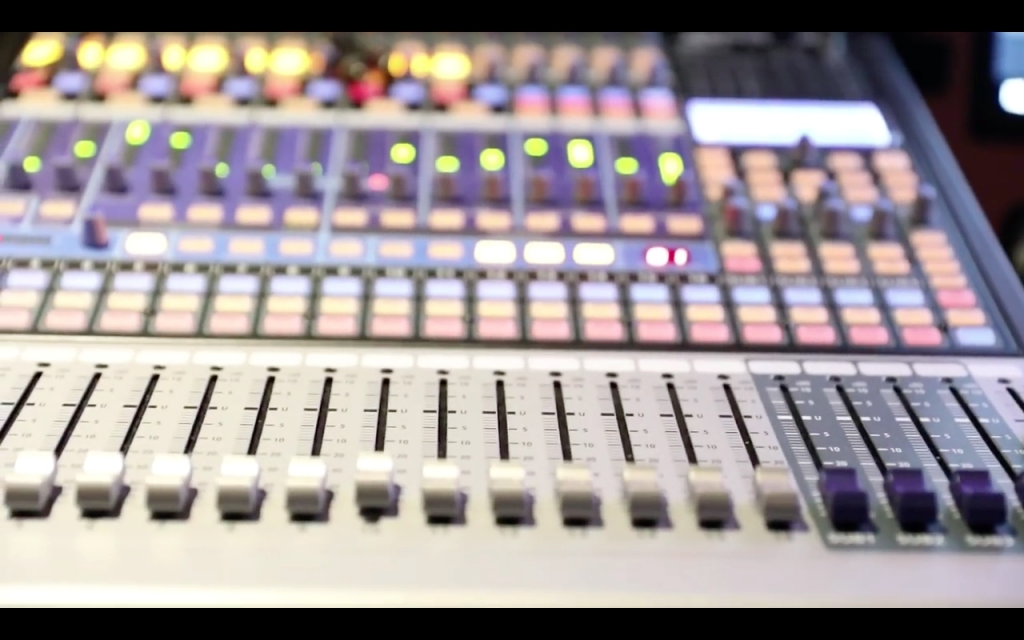
What is mastering?
Mastering Engineers were originally technicians who cut the “master” copies of records on a lathe machine. To accommodate the physical requirements of the recording medium (shellac or vinyl) mastering engineers used equalizer and compressor/limiter devices. It didn’t take long to realize these tools could also be applied with artistic merit. Soon mastering engineers were asked to increase loudness, improve consistency from song to song, and add a final polish to the project. Thus, mastering role shifted from being exclusively technical to being a blend of artistic and technical. When distribution formats changed (vinyl to cassette to CD, etc.), the need for a person to straddle the technical and artistic realms remained. And with more and more recordings being made outside a professional studio (which often means an less experienced engineer working in an acoustically compromised listening environment), the need for mastering is even greater.
Mastering is a gateway. Your creation is being finished and prepared for its introduction into the world. Mastering is the final step in the creative process of creating a recording. But it’s also the first step in the manufacturing process. Consequently, the best mastering engineers are those who possess a balance of artistic creativity and methodical (we prefer geek-like) attention to technical matters.
Once all of the songs have been mixed, the artist, producer, and engineer have heard the tracks over and over and over. You’ve also been working in the same room, on the same mid-field speakers. It’s time to send the project to someone with a fresh perspective, with full-range speakers, who polishes albums day-in-day-out. That person is a true mastering engineer, a professional who relies on his or her experience and specialized gear to bring out the best from your work.
1 Master
2 Masters
3 Masters
4 Masters
Album/EP Mastering
Stem Mastering
Attend Mastering
Edits
To make sure that we get the correct files and versions of your track(s), please read the mixdown for mastering below.
If you have any questions or problems, let us know in the contact form.
Mixdown For Mastering
Stereo interleaved .wav or .aiff file. No compressed file like MP3, AAC, FLAC!
24 bit or 32 bit float. Make sure you don’t use dithering.
Export your track at the sample rate you work at in the project.
This is usually 44.1 or 48 KHz or higher. Do not upsample your project to higher sample rates for export, there is nothing to gain and will only create a bigger file.
Make sure your mix has a proper amount of headroom.
An optimal level is an average level between -10 and -20 dB FS with peaks below -3 dB FS. Ideally this should be the result of your mixing process while leaving the master fader untouched.
Don’t use normalization on your mixdown. This will change the amount of headroom in your mix. And will not result into a louder master.
No limiting on the masterbus! Only use compression if it’s important for the sound or vibe of
the mix. Not when it’s there to create higher RMS levels.
If you use any processing like compression or equalization on your masterbus, please send us a mixdown with and without. We will use the mixdown without effects but it may give us an example of what you’d like to achieve.
-Check your mixdown for any failures or mistakes before sending it to us.
-Make sure the mixdown isn’t cut off at the end. Reverb tails for example need enough time to decay.
-Do not use fades. Tell us where and how long the fades should be instead.
-If you’re not sure about levels of a particular part, send us two versions so we can use the one that will create the best results. Or you can choose for stem mastering. See our website for more information on stem mastering.
-To give us a good idea of your desired goal, please send a relevant reference track.
-Let us know if it is for streaming services like: Spotify, Apple Music, Youtube and Tidal Or vinyl/CD or digital download only.
Send Us Your Track
Before Mastering
After Mastering
Contact Your Master Engineer:
